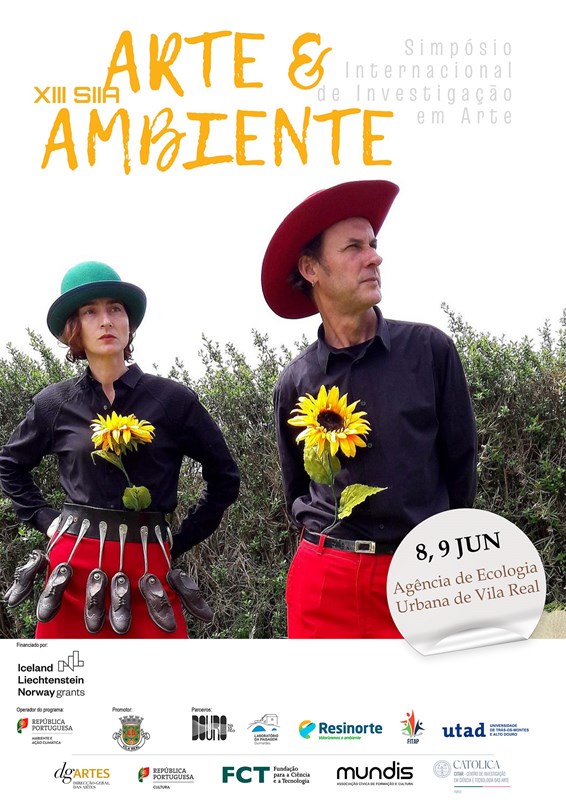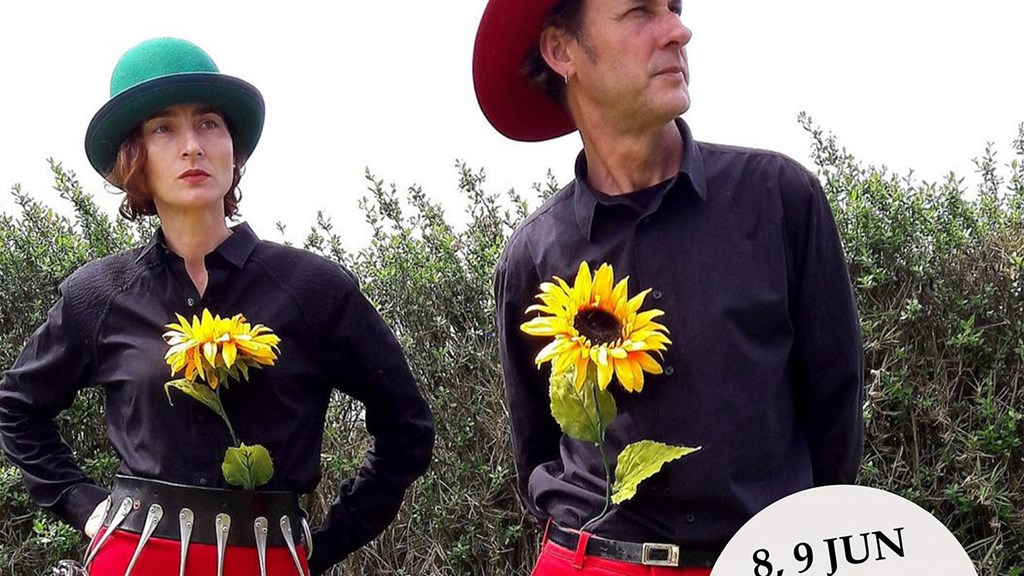This international event that brings together around 40 specialists from different nationalities: Angola, Brasil, Cabo Verde, Moçambique, Portugal e São Tomé e Príncipe is dedicated in 2022 to the ART & ENVIRONMENT theme. It is aimed at researchers, stakeholders, musicians and/or composers, students and the population in general in order to promote training, debate and the participation of all in the design of protecting the arts and the planet. The purpose of this edition of the symposium is to assess the state of the art in the various contexts of Lusophony, with an eye on the future and in the area of Ecology.
Reference specialists at national and international level will participate in a cycle of debates, concerts and workshops. They intend to place all their activities in the primordial and strategic relationship between the arts and the protection of the environment.
The XIII International Art Research Symposium will take place in the Vila Real Urban Ecology Agency building. It starts on the afternoon of June 8, with the presentation of lectures, from 2:00 pm to 5:30 pm. On June 9, the Symposium starts at 9:30 am, with the Workshop “From garbage to music” guided by the musician/composer Paulo Coelho de Castro and aimed at 2nd cycle students. To close the Symposium, there will be a concert “Landscape & Soundscape: Culture, Arts and Identity” with Orquestra de Jazz do Douro. Noteworthy is the performance “Há-Som” by João Ricardo Barros de Oliveira, at 16:20, entitled as the master of sound sculptures. This performance will show how the development of contagious sounds is possible with the use of different materials: cactus, vacuum cleaners, typewriters and other unconventional objects.
This Symposium articulates art and the circular economy for the design/composition of music, one of the principles of the project “Para cá do Marão embalagens não!”.
With this awareness raising initiative extended to all audiences, we are certain that we will make Vila Real + sustainable!
The project “Para cá do Marão, Embalagens não!” is funded by Iceland, Liechtenstein and Norway, through the EEA Grants and the General Secretariat for the Environment.

